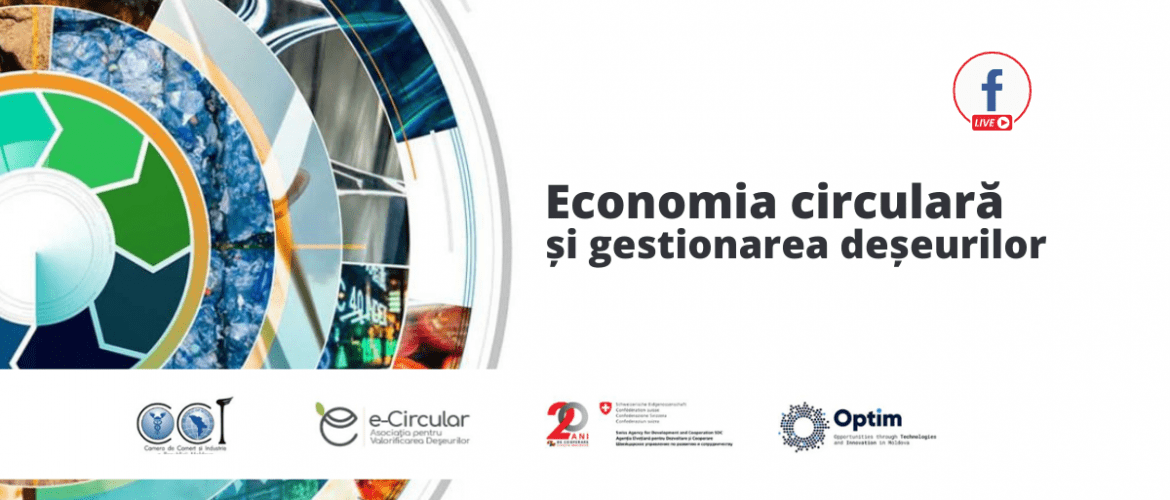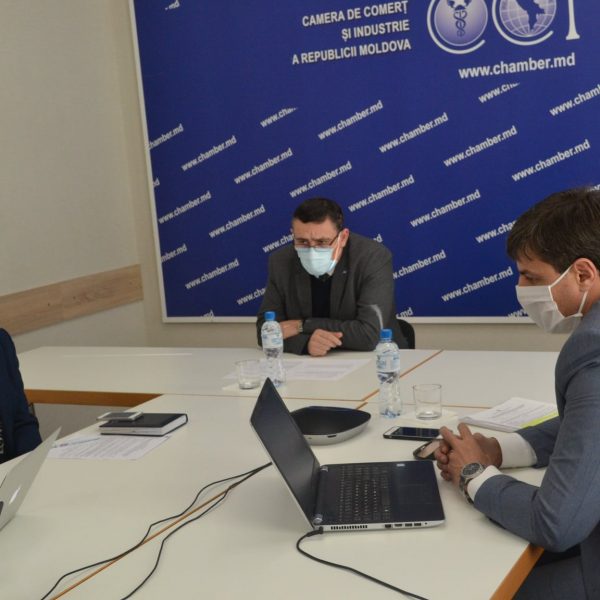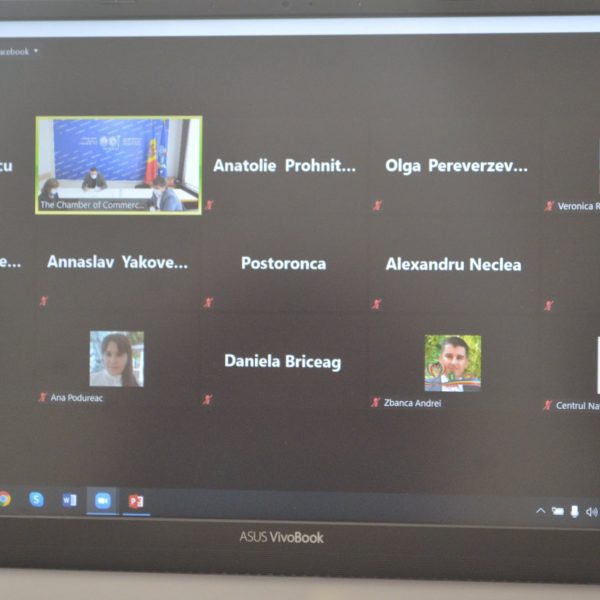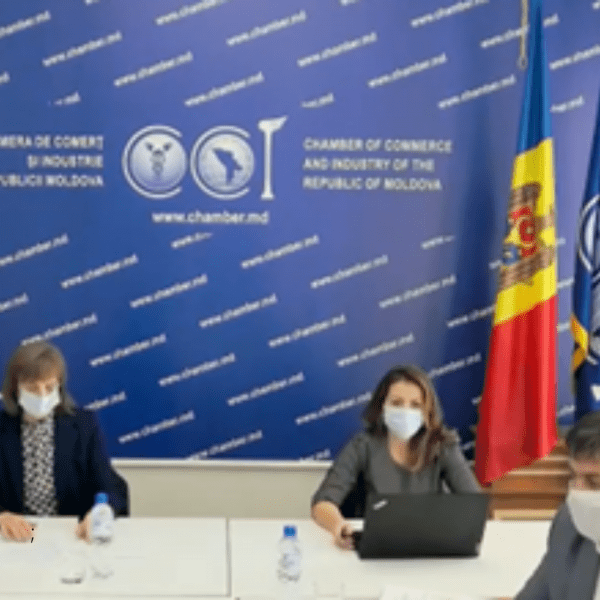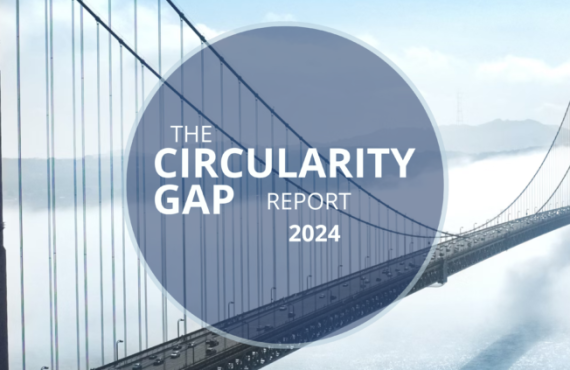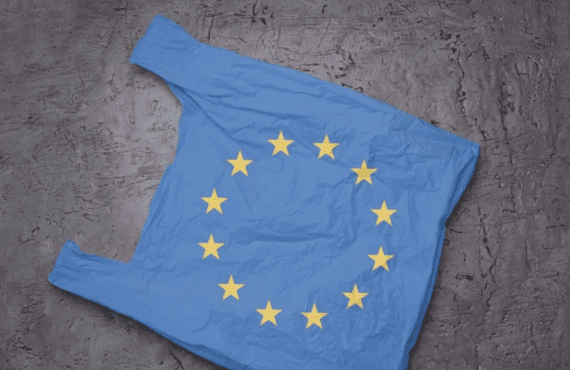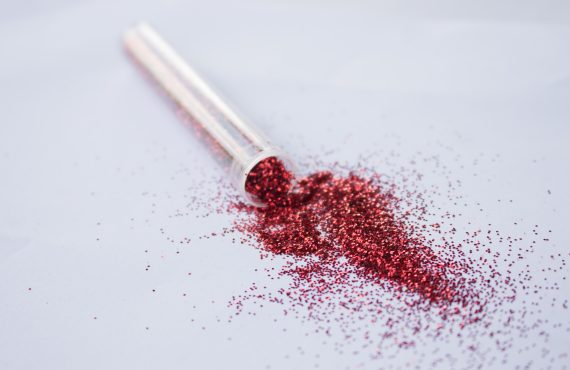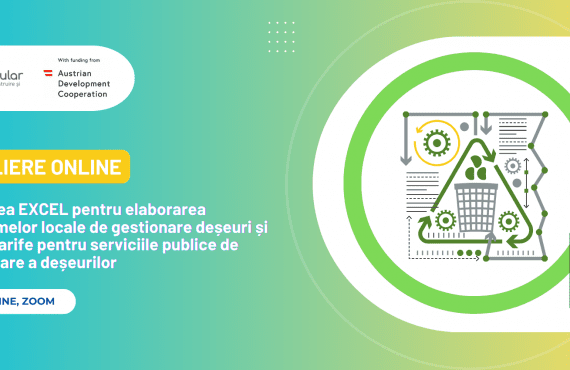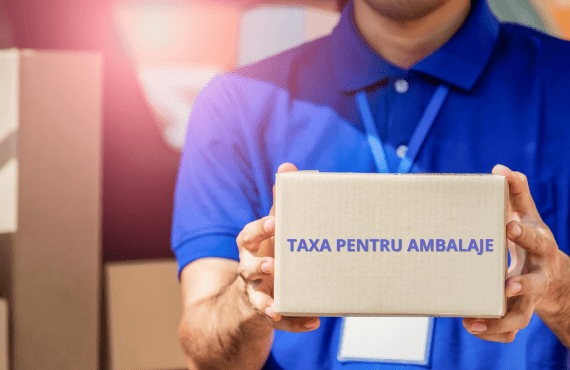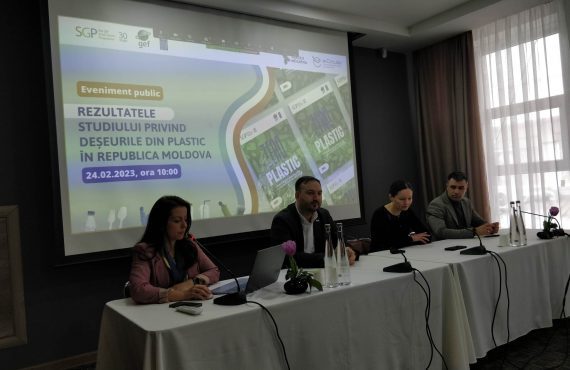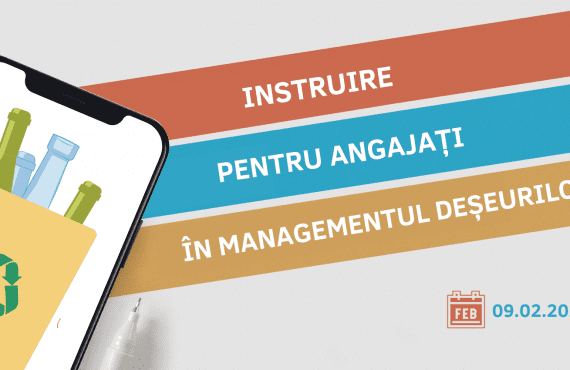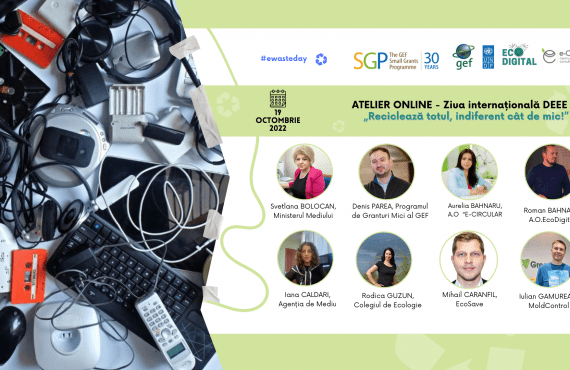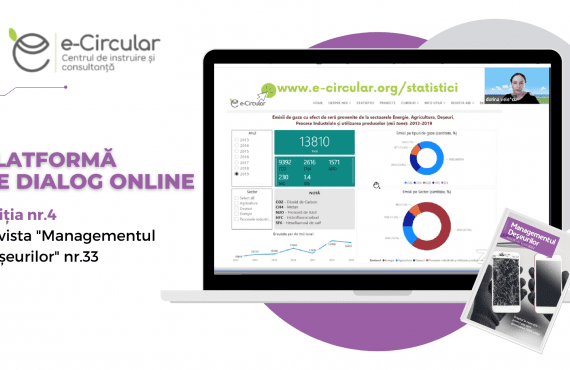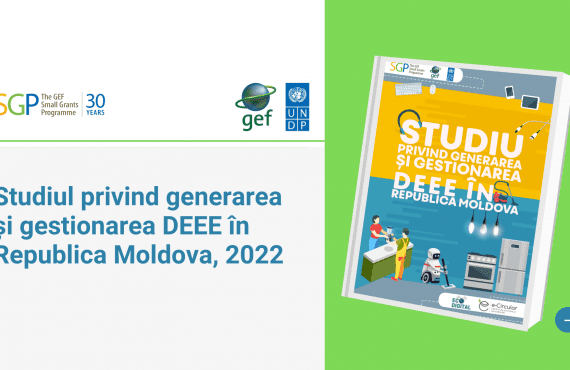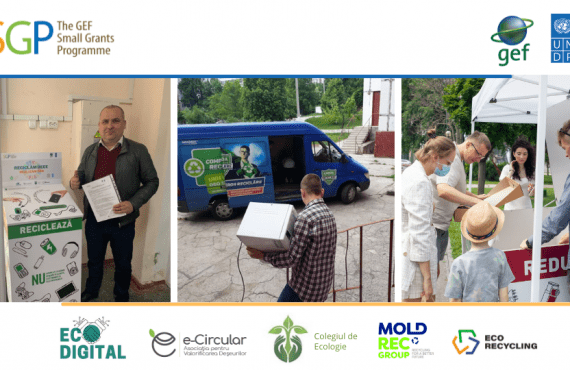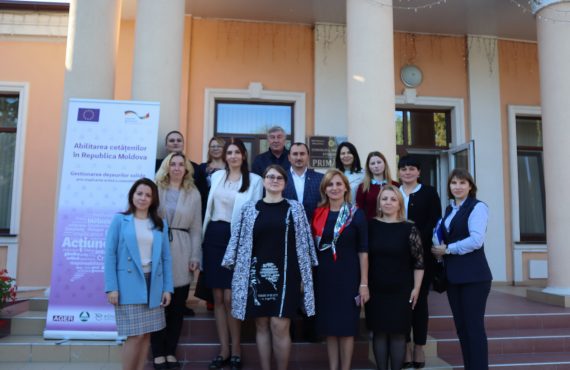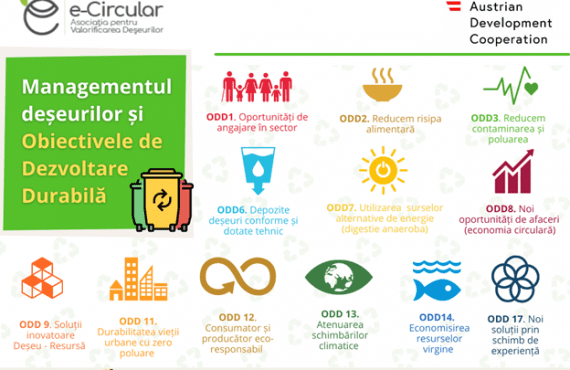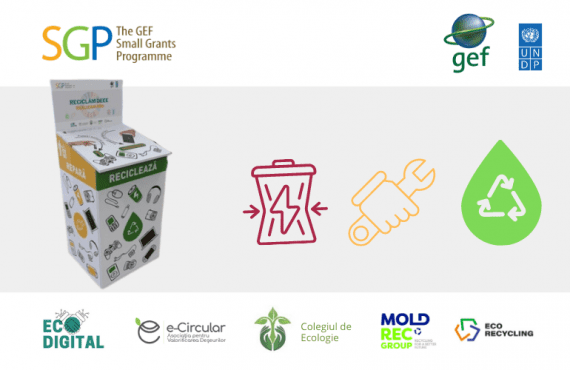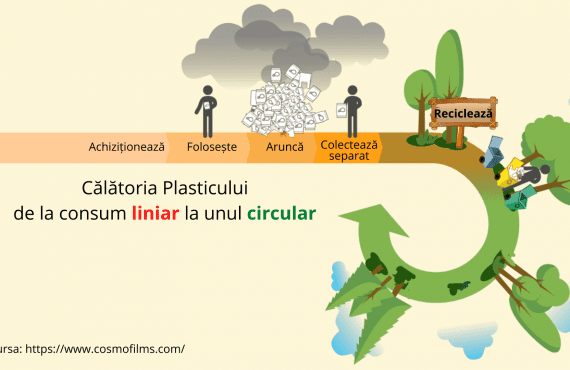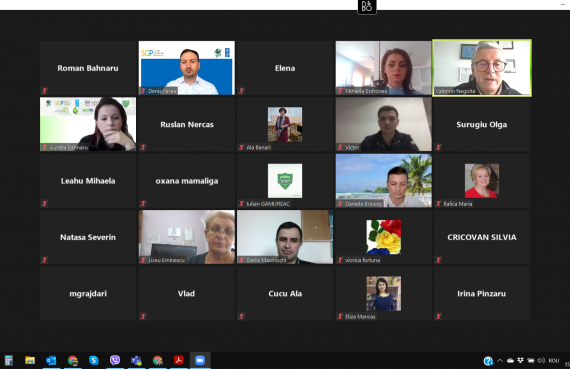Today, on the platform of the Committees for Sectoral Entrepreneurship of the CCI of the Republic of Moldova, the Association for Waste Recovery at the invitation of the Chamber of Commerce and Industry continued the dialogue on the dimension of efficient waste management, this time with the generic "The transition towards a circular economy in the Republic of Moldova".
CCI members – manufacturers who participated in the online event, were informed about the concept of circular economy – as a model of production and consumption that involves sharing, reusing, repairing, refurbishing and recycling existing materials and products as much as possible. The circular economy is different from the traditional economic model that consists of "buy-consume-throw".
At its core, this model is about minimizing waste. And when a product reaches the end of its life, its component materials are to be kept within the economy as much as possible. These components can become raw materials, being reused and having a new value.
The President of the CCI of the Republic of Moldova, Sergiu Harea, emphasized the importance of the change towards a circular economy, noting that it will generate a multitude of benefits, such as reducing the pressure on the environment; protecting and increasing the amount of raw materials; encouraging innovation and job growth.
Aurelia Bahnaru, President of the Association for Waste Recovery and Igor Şeremet, university lecturer at the USM Faculty of Law, introduced the term circular economy and the hierarchical types of waste. According to the agenda, the main topics discussed in the online dialogue concern waste management in the circular economy, the circular vision for a green and sustainable business and the design of business models for a circular economy. The linear consumption model applied at the national level through which we are accustomed to produce-consume-throw has turned out to be totally unsustainable, especially in the context in which we cannot properly manage the ever-increasing amount of waste generated. In this context, it became absolutely necessary ddecoupling economic growth from resource consumption. It should be noted that this decoupling is possible by reducing the consumption of primary sources in the production process by reusing products, respectively by expanding the share of reused and recycled materials.
The participants in the dialogue got to know the 5 business models based on the circular economy:
1. Circular consumablese – in this business model, goods do not end their lives with customers, but are part of the company's supply chain. The simplest circular economy model for any organization is to procure materials, goods and energy from renewable sources;
2. Extended product life cycle – in this business model, products are built to last and product parts can be easily disassembled and reassembled for maintenance and repair;
3. From product to service – in this business model, items are sold as a service traditionally marketed as a product. For example, providing an office photocopier based on the cost of a photocopy rather than the purchase of the machine;
4. Recovery / reuse of waster – in this business model, the total demand for material can be reduced by practicing more efficient waste management, achieving the same end result with fewer categories of raw materials. It is important to prevent waste both in the production process and in terms of consumption at the workplace.
5. Sharing platforms – in this business model an important role is played by the effective use of platforms and important data, which allow companies to connect those who offer services with those who seek services.
It should be noted, according to the study CIRCULAR ECONOMY AND ENVIRONMENTAL PRIORITIES FOR BUSINESS, the most impactful sectors of the national economy are agriculture and the food industry, as well as the construction sector, respectively, it is necessary to develop and consolidate an industrial synergy in order to succeed in rethinking the current model of design, production, delivery of products, so that it consumes as much as possible little raw material and generate as little waste as possible.
It should be noted that this is the 3rd event organized by the CCI in partnership with the Association for Waste Recovery, thus the members of the CCI benefited from detailed information about the revisions of the national legal framework, but also about international good practices in the field of waste recovery. For the next year, CCI proposes to continue this series of meetings and to provide practical assistance to companies in the implementation of modern methods of capitalizing resources.

